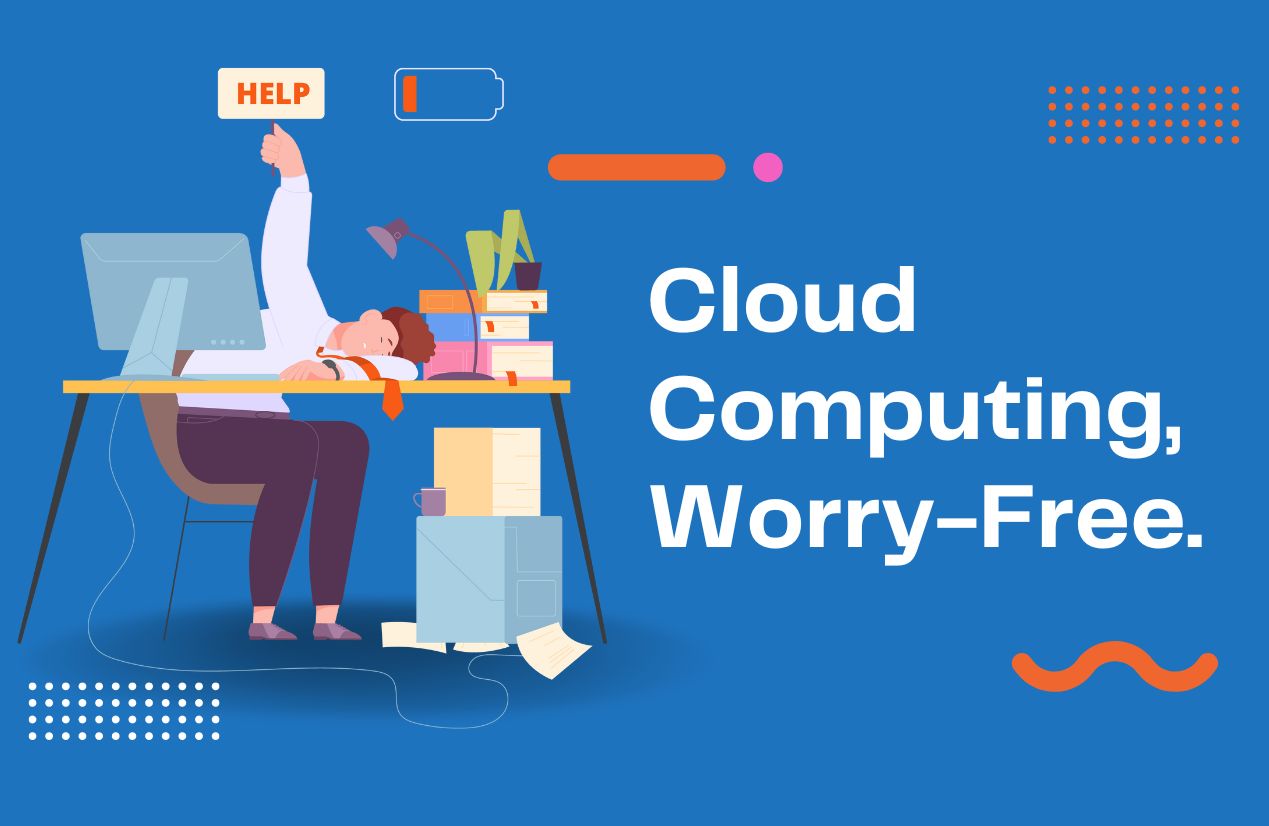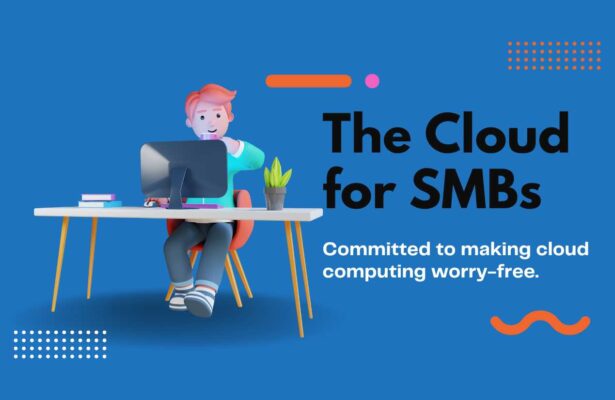11 Reasons Cloud Computing is the Best Solution for SMBs
Cloud computing refers to the delivery of computing services over the Internet, allowing users to access and use a variety of resources and applications without the need for local infrastructure or physical hardware. These computing services include storage, processing power, networking, and software, and they are provided on a pay-as-you-go or subscription basis. Instead of owning and managing their own servers and data centers, users can leverage the resources of cloud service providers, accessing them remotely via the internet.
Key characteristics of cloud computing include on-demand self-service, broad network access, resource pooling, rapid elasticity, and measured service. The on-demand self-service aspect allows users to provision and manage computing resources as needed. Broad network access ensures that these services are accessible over the internet from various devices. Resource pooling involves the dynamic assignment and reassignment of resources to serve multiple customers. Rapid elasticity allows users to scale resources up or down quickly in response to changing demand. Measured service involves metering and billing users based on their actual usage of computing resources.
Cloud computing is typically categorized into three main service models:
-
Infrastructure as a Service (IaaS): Offers virtualized computing resources such as virtual machines, storage, and networks on a pay-as-you-go basis.
-
Platform as a Service (PaaS): Provides a platform that allows users to develop, run, and manage applications without dealing with the underlying infrastructure.
-
Software as a Service (SaaS): Delivers software applications over the internet on a subscription basis, eliminating the need for users to install or maintain the software locally.
Cloud computing has become a foundational technology, enabling organizations and individuals to access and utilize computing resources more efficiently, scale their operations, and innovate without the need for significant upfront investments in hardware and infrastructure. Popular cloud service providers include Amazon Web Services (AWS), Microsoft Azure, Google Cloud Platform (GCP), and others.

11 Reasons Cloud Computing is the Best Solution for SMBs
Cloud computing offers various benefits for Small and Medium-sized Businesses (SMBs), making it an ideal solution for their IT needs. Here are 10 reasons why cloud computing is considered the best solution for SMBs:
